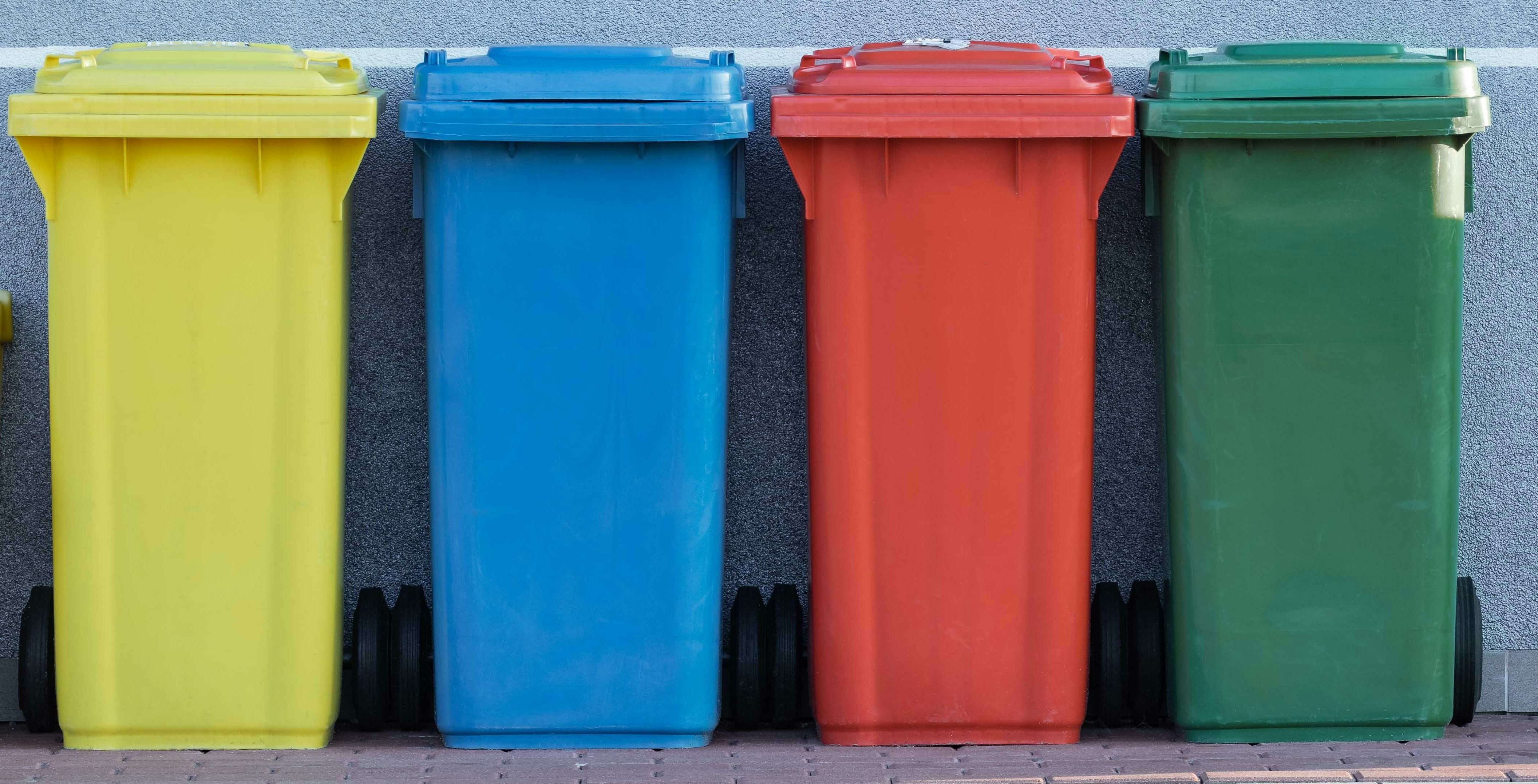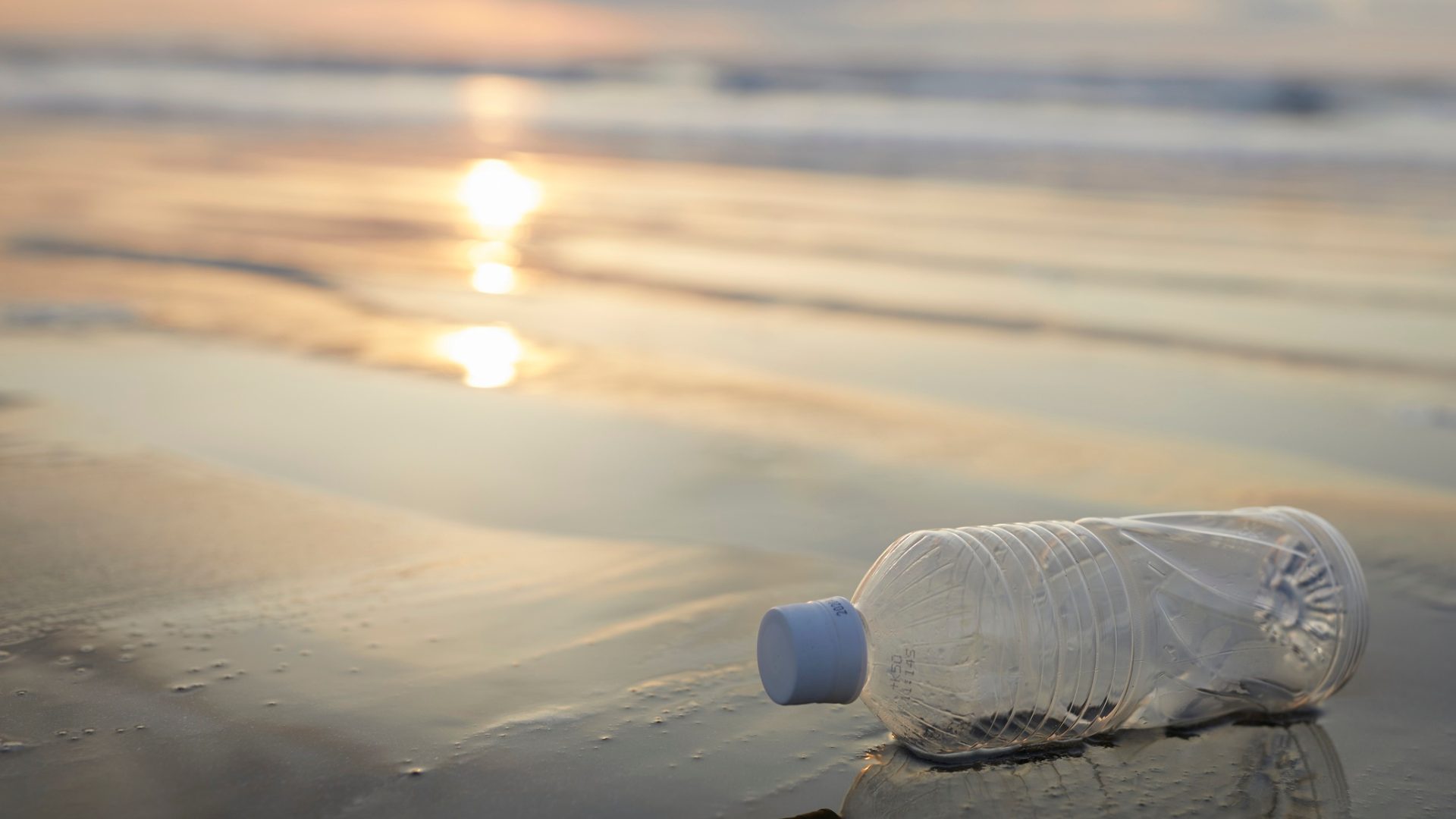Each July, millions around the world take part in the Plastic Free July® movement, a global initiative that challenges individuals and organizations to reduce single-use plastics and rethink their relationship with packaging.
At Aura, we welcome this moment of reflection and action. But we also believe that the conversation around plastic needs to be more nuanced, more informed, and more honest.
The Plastic Paradox
Plastic has long been vilified, and not without reason. The statistics are sobering: 400 million tonnes of plastic waste are generated globally each year, with only 9% recycled, 12% incinerated, and a staggering 79% sent to landfill. An estimated 12 million tonnes of plastic enter the ocean annually, killing over 100,000 marine animals and contributing to the 5.25 trillion microplastics now floating in our seas.[1]
But here’s the paradox: plastic, when designed and managed responsibly, can be a highly sustainable packaging material. It’s lightweight, durable, and often has a lower carbon footprint than so-called “plastic-free” alternatives like glass or aluminium, especially when you factor in transport emissions and food waste prevention.
So, is going “plastic free” always the right answer? Not necessarily.
Packaging Format Agnostic, Sustainability Obsessed
At Aura, we are proud to be packaging format and substrate agnostic. That means we don’t play favourites with materials. Instead, we focus on what’s right for the product, the planet, and the people using it. Whether it’s plastic, paper, aluminium, glass, or compostables, we evaluate every solution through the lens of lifecycle impact, recyclability, and real-world infrastructure.
Our approach is grounded in data, not dogma. Through our proprietary sustainability platform, e-halo, we help clients track compliance, measure environmental impact, and make informed decisions that balance performance with responsibility.
When Plastic is the Best Option
There are many scenarios where plastic remains the most sustainable choice. Take food packaging, for example. Plastic’s barrier properties can significantly extend shelf life, reducing food waste, a major contributor to global greenhouse gas emissions. In the medical field, plastic is often irreplaceable for hygiene and safety.
But even in these cases, not all plastics are created equal. Multi-layer laminates, for instance, are notoriously difficult to recycle. That’s why we advocate for mono-material solutions wherever possible, and why we work with clients to simplify packaging structures without compromising functionality.
Responsible Choices, Real Impact
Plastic Free July isn’t about perfection, it’s about progress. It’s about making more responsible choices, one decision at a time. That could mean switching to fully recyclable packaging, exploring refillable formats, or simply choosing loose produce over pre-packed alternatives.
Our Director of Consulting, Gillian Garside-Wight, is leading by example this month. She’s committed to eliminating single-use plastic from her grocery shopping, opting for loose fruit and veg and choosing mono-material packaging over complex laminates, even if it means changing her laundry detergent.
These small shifts, when multiplied across households and businesses, can drive meaningful change.
The Paper Chase: Is it always greener?
In the rush to ditch plastic, many brands are turning to paper-based alternatives. But are they always better?
Consider this: the world uses 3 billion trees annually to meet paper packaging demand. In the UK alone, 5 million tonnes of paper packaging were needed in 2018. While 69% of paper and cardboard packaging was recycled in 2019, the environmental cost of deforestation is immense. Between 1990 and 2020, an area larger than the EU was lost to deforestation.[2]
The EU is now taking action with its Deforestation Regulation, which mandates due diligence on the value chains of products derived from wood and paper. But the reality remains: without full lifecycle data, including recyclability, CO₂ emissions, and end-of-life outcomes, it’s impossible to say whether a paper solution is more sustainable than a plastic one.
The Infrastructure Gap
One of the biggest barriers to sustainable packaging isn’t the material—it’s the infrastructure. Even the most recyclable packaging is worthless if there’s no system in place to collect, sort, and process it.
That’s why Aura continues to advocate for investment in recycling infrastructure, clearer labeling, and harmonized legislation. We also support Extended Producer Responsibility (EPR) schemes that hold brands accountable for the full lifecycle of their packaging.

Photo by Pawel Czerwinski on Unsplash
Collaboration Over Competition
Sustainability isn’t a solo sport. It requires collaboration across the value chain—from raw material suppliers and converters to retailers, regulators, and consumers. At Aura, we work with global brands, packaging suppliers, and industry bodies to drive systemic change.
We’re also proud to support initiatives like Plastic Free July, not just as a campaign, but as a catalyst for deeper conversations and better decisions.
What Will You Do This Plastic Free July?
Whether you’re a brand owner, a packaging technologist, or a conscious consumer, there’s something you can do this month:
- Audit your packaging portfolio. Are you using the right materials for the right reasons?
- Challenge your suppliers. Can they provide data on recyclability, carbon impact, and end-of-life outcomes?
- Educate your teams. Sustainability is everyone’s responsibility.
- Make a personal pledge. Like Gillian, commit to one change—however small—that reduces your plastic footprint.
Our Commitment
At Aura, we’re not anti-plastic. We’re pro-sustainability. That means embracing complexity, asking tough questions, and making decisions based on evidence, not emotion.
We’ll continue to support our clients with data-driven insights, format-agnostic strategies, and a relentless focus on reducing waste. And we’ll keep pushing for a future where packaging is not just functional, but truly sustainable.
Because Plastic Free July isn’t about eliminating a material. It’s about elevating our mindset.
So, what will you do this July?
Sources:
[1] https://earth.org/plastic-pollution-statistics/
https://www.sas.org.uk/plastic-pollution/plastic-pollution-facts-figures/
https://www.condorferries.co.uk/plastic-in-the-ocean-statistics#:~:text=79%25%20of%20plastic%20waste%20is,will%20likely%20enter%20the%20oceans
[2] EU rules on packaging (2023), Material Economics, Unwrapping a disaster (2023), UK global packaging materials footprint (WWF), Two Sides tracker (2023), Defra


